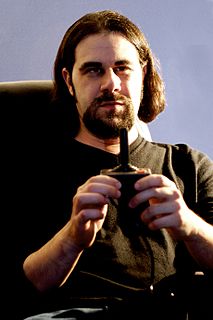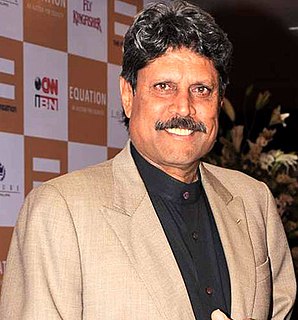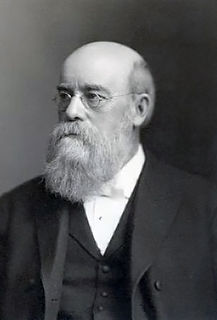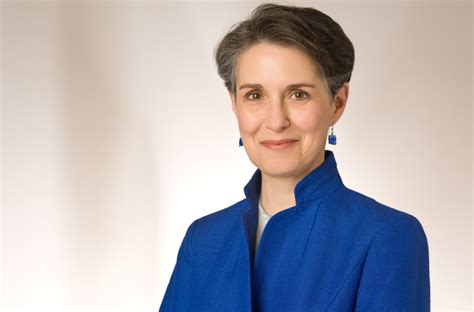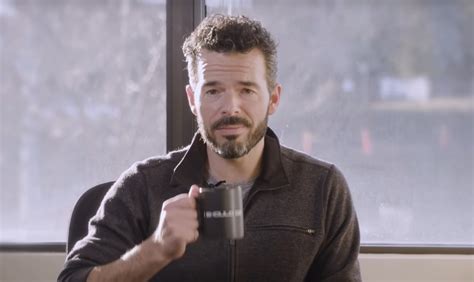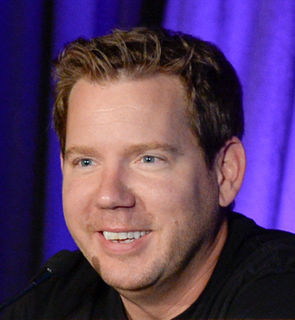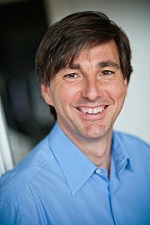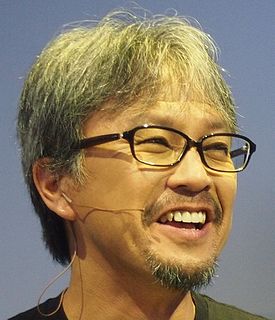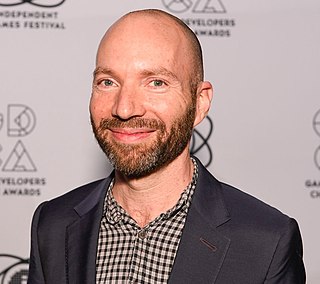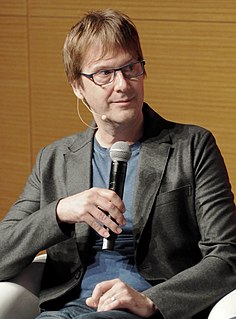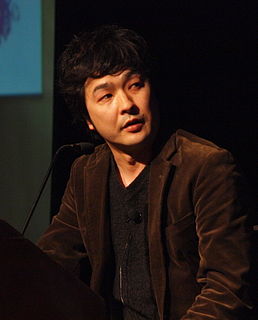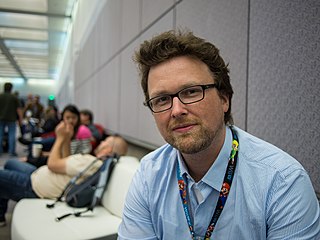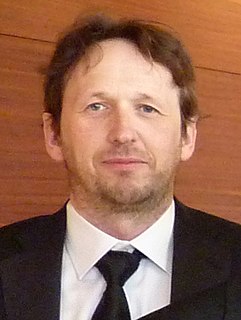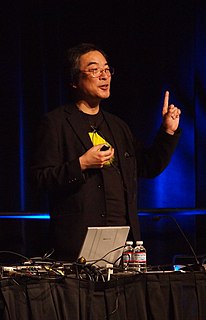A Quote by Ian Bogost
We think we want enjoyment, and that enjoyment is incompatible with work, and somehow we have to import the pleasure into these miserable experiences. That takes for granted that there's not fun or play to be found in the work itself.
Related Quotes
We therefore work, not for the work's sake, but for money—and money is supposed to get us what we really want in our hours of leisure and play. In the United States even poor people have lots of money compared with the wretched and skinny millions of India, Africa, and China, while our middle andupper classes (or should we say "income groups") are as prosperous as princes. Yet, by and large, they have but slight taste for pleasure. Money alone cannot buy pleasure, though it can help. For enjoyment is an art and a skill for which we have little talent or energy.
Some people have accused my tragedy of being too sad, as though one desired a merry tragedy. People clamor for Enjoyment as though Enjoyment consisted in being foolish. I find enjoyment in the powerful and terrible struggles of life; and the capability of experiencing something, of learning something, gives me pleasure.
Work is a blessing. God has so arranged the world that work is necessary, and He gives us hands and strength to do it. The enjoyment of leisure would be nothing if we had only leisure. It is the joy of work well done that enables us to enjoy rest, just as it is the experiences of hunger and thirst that make food and drink such pleasures.
But to demand that a work be “relatable” expresses a different expectation: that the work itself be somehow accommodating to, or reflective of, the experience of the reader or viewer. The reader or viewer remains passive in the face of the book or movie or play: she expects the work to be done for her. If the concept of identification suggested that an individual experiences a work as a mirror in which he might recognize himself, the notion of relatability implies that the work in question serves like a selfie: a flattering confirmation of an individual's solipsism.
I think Kafka was right when he said that for a modern, secular, nonreligious man, state bureaucracy is the only remaining contact with the dimension of the divine; the impenetrable omnipotence of bureaucracy harbors is divine enjoyment. It is the performance of its very purposelessness that generates an intense enjoyment, ready to reproduce itself forever.
Work and play can be the same. When you are following your energy and doing what you want to do all the time, the distinction between work and play dissolves. Work is no longer what you have to do, and play what you want to do. When you are doing what you love, you may work harder and produce more than ever before, because you are having fun.
